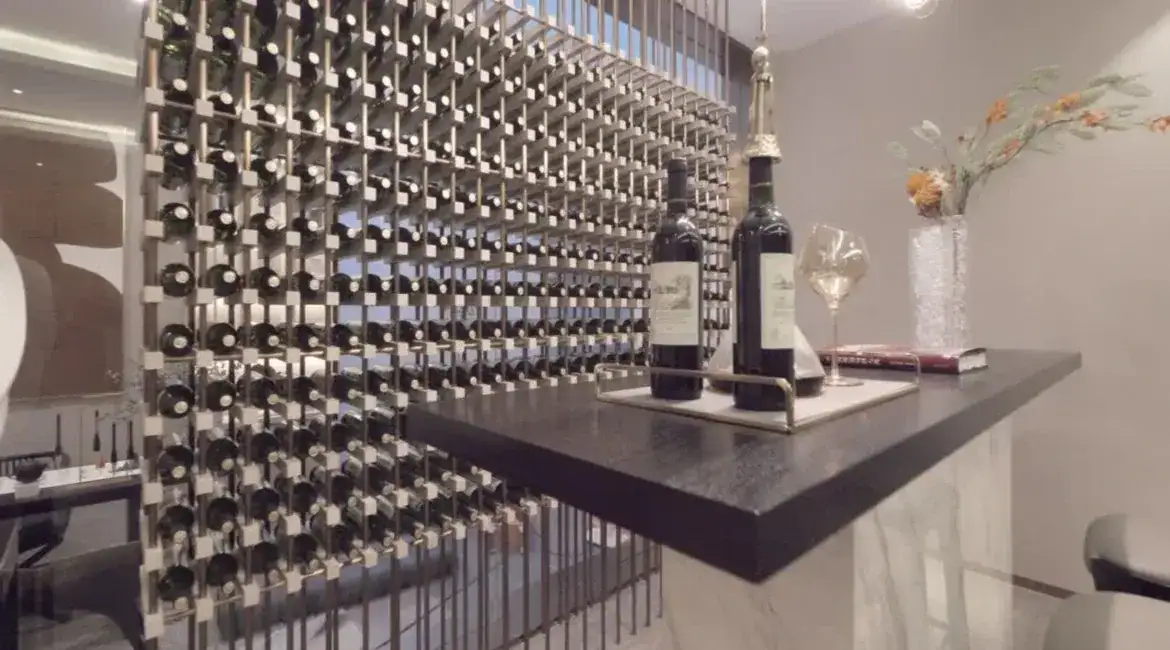As a wine collector, I know that you have spent years curating a unique and valuable collection. Each bottle represents a cherished memory, a special occasion, or a milestone in your life. My personal collection is centered on my travels throughout the wine producing world and memories of meeting wine producers and grape growers. Each bottle has its own story.
Have you considered what will happen to your collection after you’re gone? Proper estate planning can help ensure that your wine collection is preserved and enjoyed by future generations. This article will explore estate planning considerations and protecting your prized wine collection.
Identify the Value of Your Collection
The first step in estate planning for your wine collection is to determine its value. This will help you determine the appropriate course of action for preserving and distributing your collection. A professional appraiser can assist in assessing the value of your collection based on factors such as age, rarity, condition, and provenance.
Consider Your Options
Once you have identified the value of your collection, you can begin to explore your options for preserving and distributing it. There are several options available, including:
- Passing to heirs – If you plan to pass your wine collection on to your heirs, you can designate the collection in your last will and testament or trust. This can include specifying which wines should be kept for future generations and designating a trusted individual to oversee the collection.
- Donating to a charity or institution – Many charities and institutions, such as museums, universities, and cultural centers, may be interested in accepting wine donations for fundraising or educational purposes. Donations can be carried out in your will or trust.
- Selling – If you do not have heirs or wish to sell your wine collection, you can designate a trusted individual or auction house to handle the sale. Your will or trust can be drafted to address the terms of the sale and appointment of a person or company who will manage the sale.
Protecting Your Wine Collection
Regardless of how you plan to preserve and distribute your wine collection, it is important to take steps to protect it. This can include:
- Proper storage – Wine should be stored in a cool, dark, and humid environment to prevent spoilage and damage. Consider investing in a professional wine storage facility or installing a wine cellar in your home. Educate your family and proposed executor about proper storage.
- Insurance – Ensure that your wine collection is adequately insured in case of damage, theft, or other loss.
- Cataloging – Keep a detailed inventory of your wine collection, including information on vintage, varietal, and storage location.
- Appraisals – Regularly update the value of your wine collection through professional appraisals.
Estate planning for your wine collection is an important step in preserving your legacy and ensuring that your collection is protected and enjoyed by future generations. Whether you plan to pass your collection on to heirs, donate it to a charity, or sell it, taking steps to protect your collection in the meantime can help ensure its long-term preservation. Work with a trusted estate planning attorney to develop a plan that meets your needs and protects your wine collection for years to come.
The attorneys at Fratello Law have years of experience working with clients to achieve their estate planning goals. Our very own Cheryl Fratello was awarded a Diploma in Wine Law from the Université de Reims Champagne-Ardenne in Champagne, France and has several certificates in wine studies from the Wine & Spirit Education Trust (WSET). We are a small firm with a big heart.

